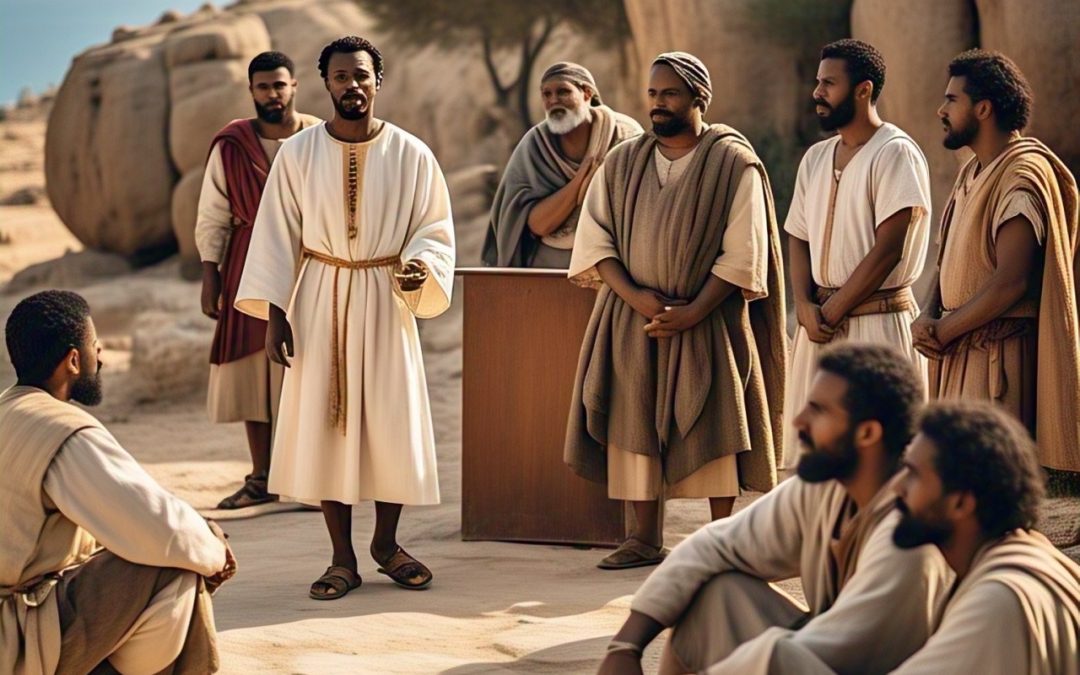In the person of Jesus Christ, God confronts death not as a distant sovereign issuing decrees from afar, but as a warrior entering the battlefield. God addresses death in its fullness: its power to end life, its threat over human existence, and even its strange attraction in human experience.
Death’s power is self-evident. It terminates biological function and severs relationships. Yet its influence extends beyond physical cessation. Death threatens us psychologically, haunting our decisions and driving much of human culture and achievement. Perhaps most insidiously, death sometimes attracts us, whether through nihilistic despair, self-destructive behaviors, or the weaponization of mortality against others.
In Christ, God confronts this multifaceted enemy directly. The incarnation itself represents a divine refusal to remain separate from human mortality. By assuming flesh, the eternal Word enters death’s jurisdiction. Throughout his ministry, Jesus demonstrates authority over death’s power by healing the sick and raising the dead, signaling that death’s dominion is being challenged.
Yet it is at the cross where God’s strategy becomes most counterintuitive. There, Christ experiences death’s full force—physical agony, relational severance, and spiritual desolation. In that moment, death appears victorious. But what seems like surrender becomes subversion. By entering death’s realm voluntarily and innocently, Christ transforms death from within.
The resurrection reveals that death, despite its apparent finality, cannot contain divine life. Its power is broken, its threat defanged. What’s more, its attraction is countered by a greater attraction, the pull toward abundant life in communion with God. Easter thus represents not merely Jesus’ individual triumph but death’s comprehensive defeat.
This victory means Christians need not be governed by death’s power, intimidated by its threat, or seduced by its attraction. Instead, we are freed to embrace life fully, even when that means confronting suffering and mortality. The Christian path is not escape from death but participation in Christ’s transformation of it.
In Jesus Christ, God has not simply postponed death or provided compensation for it, but has fundamentally redefined it, turning what was our ultimate enemy into a passage toward fuller life.
Prayer
Victorious God,
When death cast its long shadow across creation, You did not abandon us to its darkness. In Jesus Christ, You entered our mortality, confronted our enemy, and emerged triumphant. We praise You for this incomparable victory.
We confess that we often live as though death still reigns supreme. We bow to its power when we shrink from love for fear of loss. We cower under its threat when anxiety controls our decisions. We surrender to its attraction when despair seems easier than hope.
Free us, Lord, from death’s grip on our imaginations and our hearts. By Your Spirit, help us to internalize the truth that in Christ, death has been defeated, not just postponed or compensated for, but fundamentally transformed.
When we face illness, loss, or our own mortality, remind us that these experiences, though painful, no longer define our ultimate reality. You have written a different ending to our story.
Teach us to live as resurrection people, not denying death’s reality but transcending its power. May our lives reflect the joyful defiance of those who know that love is stronger than death, that light overcomes darkness, and that life, not death, speaks the final word.
Through Jesus Christ, our Risen Lord, who lives and reigns with You and the Holy Spirit, one God, forever and ever.
Amen.


Recent Comments